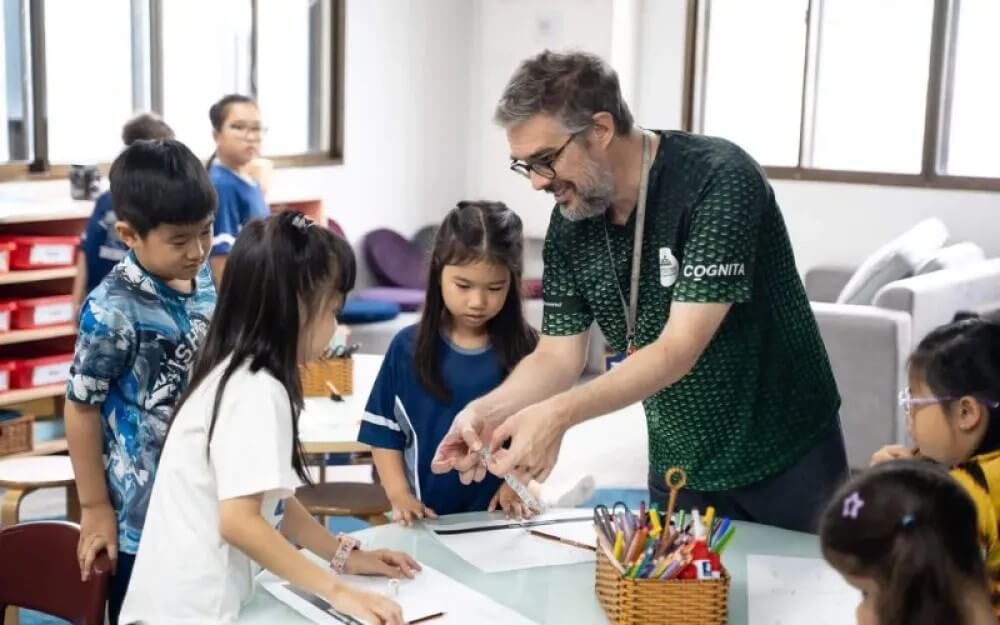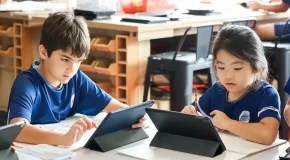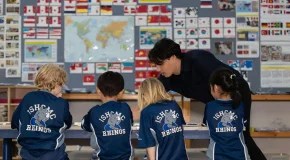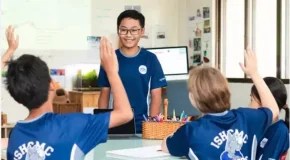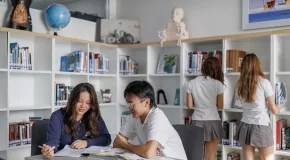What is Reflective IB Learner Profile? Why it Matters
The IB learner profile describes a student who is not just very smart academically but also a well-rounded person with admirable traits, including being inquisitive, knowledgeable, communicators, thinkers, principled, and open-minded,… The reflection in the IB learner profile nurtures learners to develop comprehensively and deeply, be responsible, and have a global mindset. Furthermore, they are conscious people who are willing to act to make a positive impact on society.
What is Reflective IB Learner profile?
Reflective thinking is a term coined by John Dewey, a deep thinking process in which you stop to question, analyze, and evaluate your own experiences, actions, or ideas. Through reflective thinking, students can comprehend themselves and the world thoroughly. Besides, they gain insights about successful things, challenges, and practical ways to improve in the future.
Reflective thinking is a core element of the International Baccalaureate (IB) Student Profile, which helps students become self-aware, improve, and learn throughout their lives. Through the process of reflecting on experiences, students can recognize their strengths and weaknesses, thereby improving their ability to think critically, solve problems, and develop emotional intelligence.
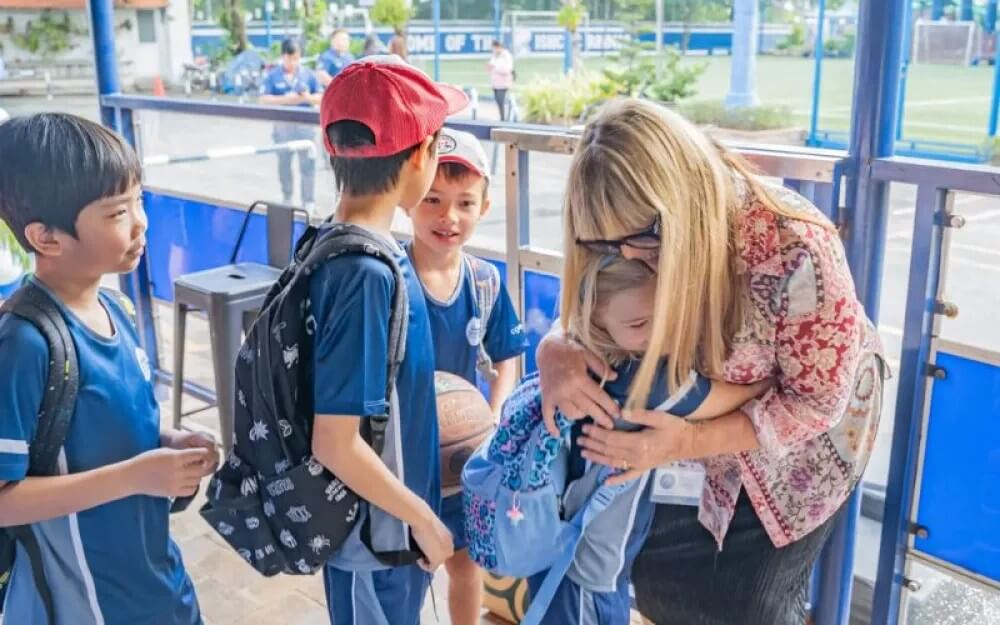
Benefits of Reflective Thinking for IB Learners
Reflective thinking builds a foundation for students to be independent, dare to think, and dare to do, helping them confidently explore and develop themselves. Below are the benefits that reflective thinking brings to IB students:
- Learning deeply, understanding broadly: Reflective thinking helps students remember and understand knowledge, connecting concepts logically.
- Solving problems effectively: Instead of being passive, students proactively find the cause, come up with many solutions, and choose the optimal option.
- Enhancing creativity: Reflective thinking encourages students to think differently and come up with new and unique ideas.
- More confident: Understanding themselves and being able to solve problems helps students be more confident in all situations.
- Better prepared for the future: Reflective thinking is a core skill for work and life, helping students succeed in all areas.
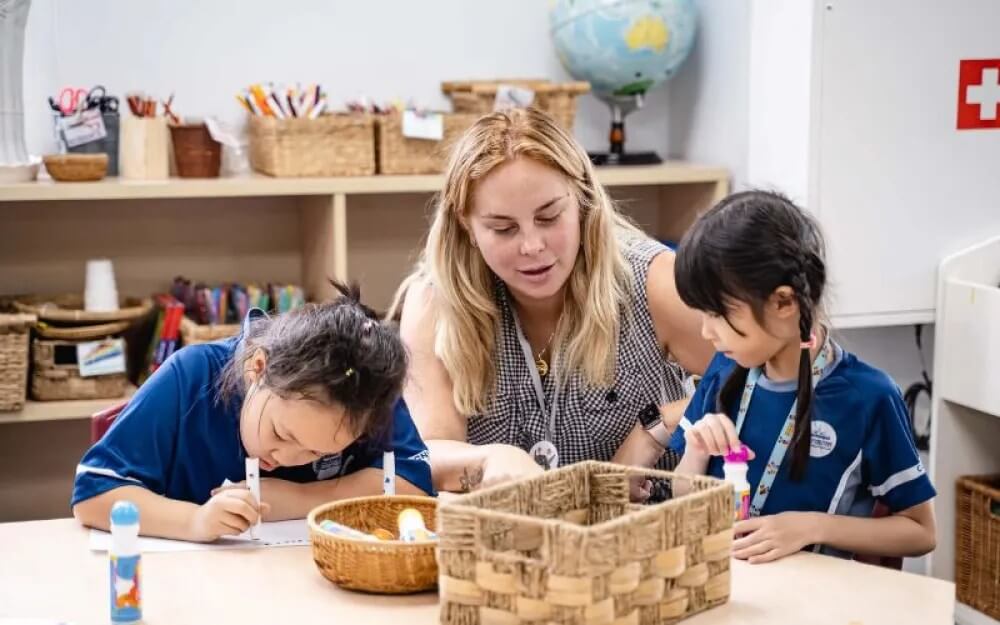
How Can Children Practice Reflective Thinking?
In the IB program, students learn to practice reflection by progressing through different levels:
- Encourage children to talk about their experiences: After each activity, game, or event, Give children a chance to express their emotions and ideas.
- Daily thought journal: Encourage children to write about what they have learned, what they like and dislike, and questions they want to learn more about.
- Play thinking games: Games such as sudoku, Rubik’s cubes, or logic puzzles help children practice logical thinking and problem-solving skills.
- Read and discuss: Choose books with rich content, encourage children to ask questions, and discuss characters, plots, and lessons learned.
- Set goals: Help children form the habit of setting goals, tracking progress, and evaluating results.
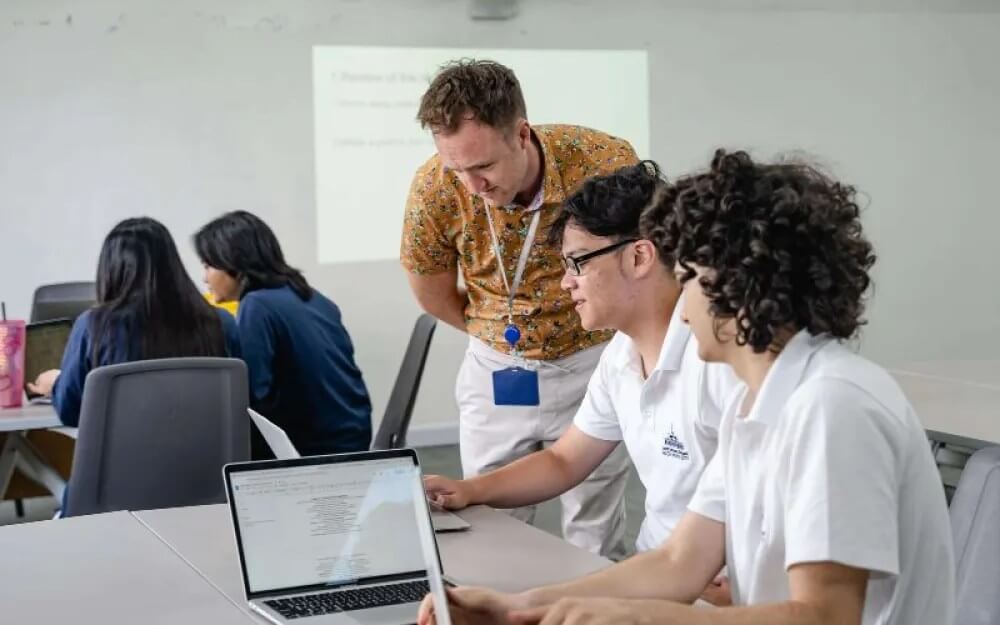
ISHCMC is the first International Baccalaureate (IB) World School in Ho Chi Minh City and offers three IB programs: the Primary Years Programme (PYP), the Middle Years Programme (MYP), and the Diploma Programme (DP). At ISHCMC, the IB program is based on a holistic approach to education. The curriculum allows students to share and think critically, ask their questions, develop research skills, and plan and pursue goals. In addition, students are encouraged to apply what they have learned to contribute to society.
Strategies for Developing Reflective Thinking
To foster reflective thinking in students, we need to combine a variety of methods. Here are some suggestions for strategies for developing reflective thinking for students:
- Journal Writing Practice: Writing a diary is a bridge for students to explore themselves and analyze their thoughts and actions, so developing the practice of reflection.
- Daily Video Reflection: This method helps students to look back on their experiences, draw lessons, or better understand their actions and emotions in a specific situation.
- Class Progress Review: The process of assessing and monitoring the progress of students in a class to ensure that all students achieve the set learning goals.
- Self and peer assessments: Students self-assessment or peer-assessment approaches based on specific criteria.
- Term Goal Setting: A method to help students or learners set the goals they want to achieve in a certain period.
- Action Plan Creation: The process of creating a detailed action plan to help students achieve their goals.
- Activity Sharing in Pair: Encourages students or learners to work in pairs to share and discuss to enhance cooperation and mutual understanding.
- Frequent Discussions: Frequent discussions in the classroom encourage students to exchange ideas and solve problems together.
- Reflective portfolios: Provide a variety of tools or materials to encourage students to collect, organize, and reflect on their work, projects, or learning experiences.
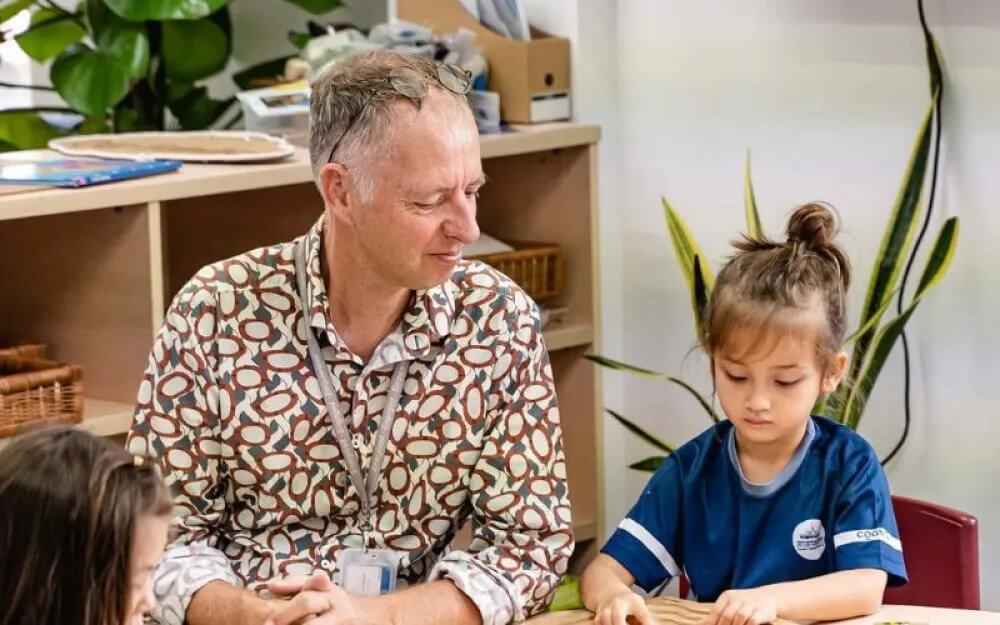
How Can Parents Foster Reflective Students at Home
In addition to developing reflective thinking for children at school, parents can accompany their children in developing it at home. So, what can parents do to develop reflective thinking for their children?
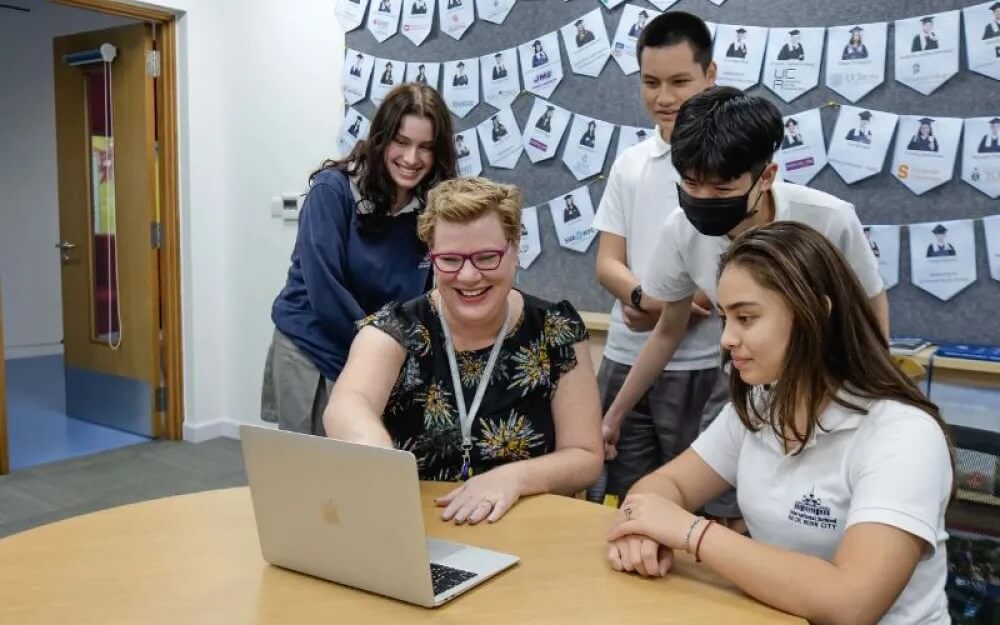 Listen to stories with your children: Listening to your children’s stories helps you understand more about your children’s personalities, thoughts, strengths, and weaknesses. You can accompany your children to develop strengths and overcome weaknesses from there.
Listen to stories with your children: Listening to your children’s stories helps you understand more about your children’s personalities, thoughts, strengths, and weaknesses. You can accompany your children to develop strengths and overcome weaknesses from there.- Monitor your children’s learning reports: Monitoring your children learning reports helps you better understand what they are being taught at school. Parents should ask open-ended questions to get children to express their thoughts about a specific situation or person.
- Create a progress record: Use a record or chart to track your children’s progress toward learning goals. Record the steps you have completed with your children and evaluate their progress to see if the plan needs to be adjusted.
Embrace the Reflective Journey at ISHCMC
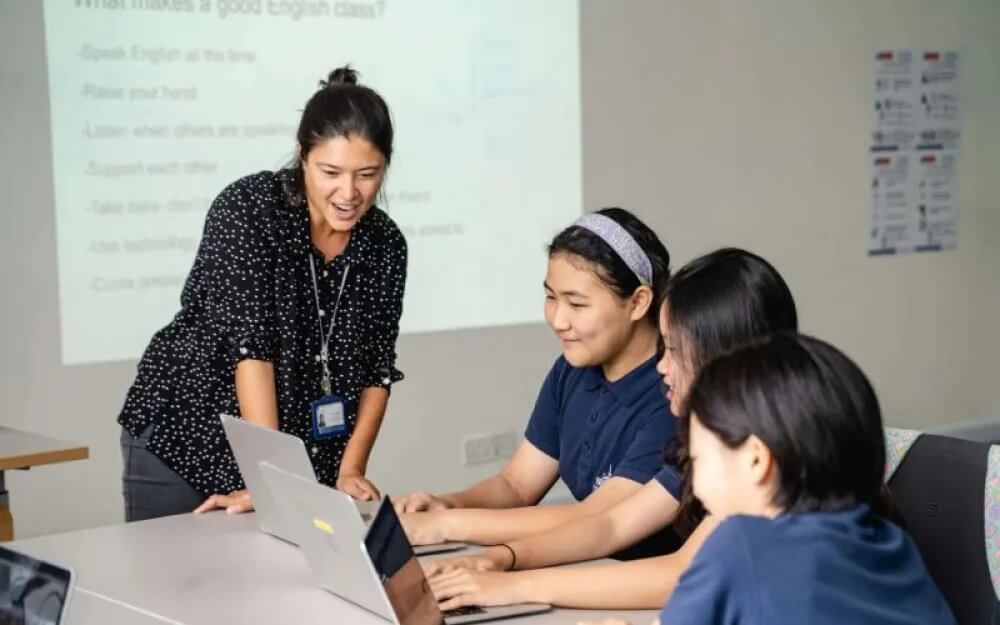
At ISHCMC, we encourage students to embrace the journey of reflection as an integral part of their learning and personal development. Reflection not only helps them gain a deeper understanding of themselves but also helps them develop into global citizens and contributors to society. From writing learning journals and group discussions to self-assessment and feedback, these activities aim to build a solid foundation for lifelong growth and success.
Start your reflection journey today and discover how it can transform how you learn and grow. For more information, please visit our website. We look forward to accompanying you on this journey of growth!

